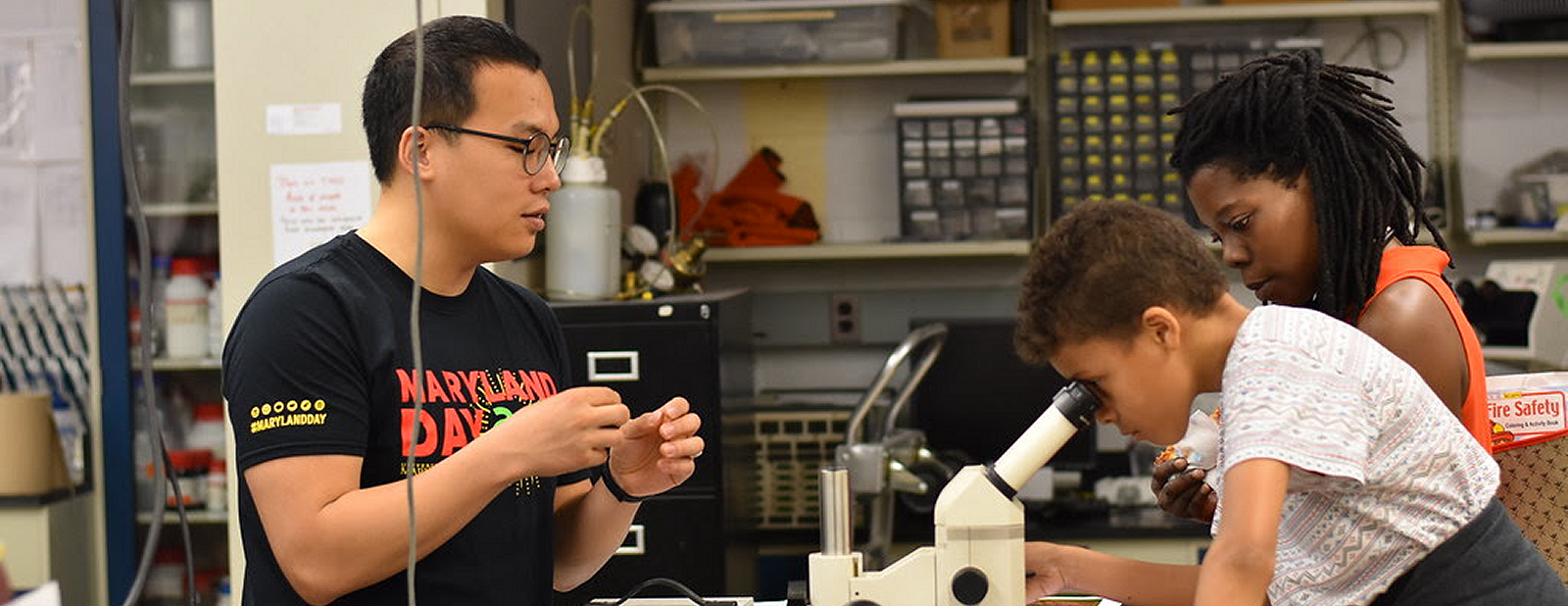
New Courses
ENEE719D – Advanced Topics in Microelectronics; Embedded Machine Learning
Credits: 3
Instructor: Sahil Shah
Prerequisites: ENEE 408D, or equivalent course, or with permission from the Instructor.
It is recommended that you have some knowledge of circuit design and have worked with a (spice or cadence) circuit simulators.
Embedded Machine learning is a course at the intersection of Machine Learning and Embedded Devices. Machine learning algorithms have shown state-of-the-art accuracies to carry out complex tasks such as computer vision, natural language processing, and speech recognition. This coupled with the research and development in low-power embedded devices will enable the mass proliferation of AI-powered IoT devices.
This course will present recent advances towards the goal of efficiently computing machine learning algorithms at the edge. Specifically, it will provide an overview of Machine learning algorithms (support vector machines, deep neural networks, spiking neural network etc), introduce embedded processors and highlight techniques that reduce the computation and communication cost of DNNs either solely via hardware design changes or via joint hardware design and network algorithm changes.
Topics to be Covered:
- Introduction to Machine learning algorithms.
- Overview of embedded processors.
- Optimizations for deploying ML algorithms on embedded systems.
- Circuits and systems techniques to improve energy efficiency.
- Emerging architectures for energy-efficient computing.
We will provide an overview of embedded architectures that enable computing efficiently: ARM based Cortex-M, Neuromorphic processors (True North), Analog architectures (ReRam and FG based), and In-memory computing architectures (SRAM and DRAM based).
Project Description:
The course will consist of two projects:
- First project will pertain to deploying machine learning algorithm on an embedded microprocessor such as the ARM cortex M-series processors. Students will present their work and showcase ML algorithms deployed on an embedded processor.
- Second Project will involve investigating circuit architectures and simulating either spice or cadence software that would enable energy-efficient computing. The final presentation will involve a system level simulation that demonstrates lower power consumption compared to embedded processor used in First Project.

